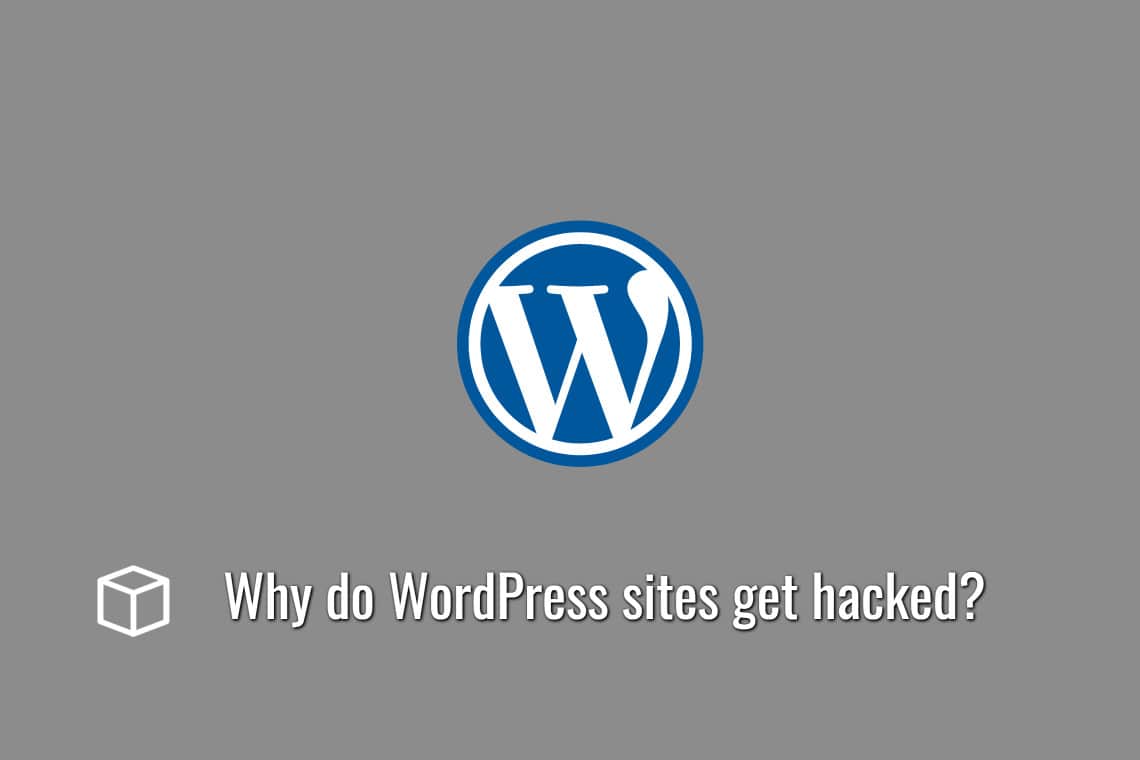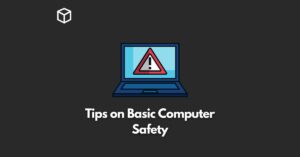WordPress sites are hacked as a result of vulnerabilities in plugins and themes.
Although most security lapses are not malicious in nature, they are the reason for the majority of WordPress hacks.
It’s so common that it’s estimated that plugins are responsible for 98 percent of WordPress vulnerabilities.
Is WordPress a security risk?
While no content management system is completely safe, WordPress’ core software is well-protected, and the majority of hacks are the consequence of webmasters failing to follow basic security best practices.
Are WordPress sites safe?
WordPress is safe as long as website owners take security seriously and adhere to recommended practices.
Employing safe plugins and themes, maintaining responsible login processes, using security plugins to monitor your site, and upgrading periodically are all smart practices.
Why do sites get hacked?
Websites get hacked for a variety of reasons, regardless of the size of your firm or the type of your website.
An attacker may be wanting your company continuity, or your data if you’re a large corporation, or they may be aiming to plant malware and spread it through your website.
How to fix your website?
Serving all material as HTTPS rather than HTTP is the best way to avoid mixed content banning.
Serve all material on your own site as HTTPS and correct your links. The HTTPS version of the information is often already available, and all that is required is to change the URLs from http:// to https://.
Can a blog be hacked?
Unless a highly skilled hacker intends to completely destroy your system, most blogs are hacked using automated bots or even basic tools like key loggers.
Worse, we occasionally give up our passwords without realizing we aren’t signing into our legitimate account.
Can you get hacked from visiting a website?
The subject of whether or not you may be hacked just by visiting a website appears to be circulating widely on the internet.
The quick answer is “yes,” at least in theory. The quick response, as is frequently the case, only provides half of the tale. The entire tale contributes to a better understanding of internet security.
Can websites steal your information?
Hackers gain unauthorized access to equipment or websites in order to steal personal information, which they then use to perpetrate crimes such as theft.
Many individuals use the internet to shop, bank, and pay bills. Individual websites, such as email, social media, or financial institutions, can also be hacked and the information held there stolen.
How much does it cost to secure a website?
To install the SSL certificate on your web server and setup your website, you’ll most likely need to hire a web developer or pay your hosting company. It should only cost $200-$300 under typical situations.
Why am I getting a deceptive website warning?
The misleading site ahead alert simply signifies that your site has been hacked and is most likely being used for phishing.
This implies that visitors who visit the site are sent phony pages that deceive them into disclosing their credentials, credit card information, and other sensitive information.
Can phones get viruses from websites?
Malware may be downloaded to your phone by clicking on suspicious links on web sites or even malicious adverts (often known as “malvertisements”).
Similarly, installing software from these websites might lead to the installation of malware on your Android or iPhone.
Is WordPress becoming obsolete?
WordPress isn’t going anywhere, at least for the time being. WordPress will become outdated at some time in the future due to its aged technology.
As a result, you should start looking at more complex options.
Is WordPress good for SEO?
WordPress is built from the ground up to be incredibly SEO-friendly. It only gets better if you install an SEO-friendly theme and begin using WordPress’s fantastic arsenal of SEO plugins.
One of the easiest methods to achieve this is to use WordPress as your site’s content management system (CMS).
Can I find out who hacked my email?
The simple answer is that figuring out who stole your email account is exceedingly improbable. There’s very little you can do.
How do I know if my WordPress plugin has a virus?
Run the scan from Dashboard >> Tools >> Exploit Scanner after you’ve installed it.
The scan will take some time to finish, depending on how many plugins you have installed. Following the scan, you’ll get a list of suspicious codes.
Who is the best hacker in the world?
Kevin Mitnick is widely regarded as the finest hacker in history. Kevin Mitnick has been hacking since he was a child. He rose to public prominence in the 1980s by hacking into the North American Defense Command (NORAD).
Why does it keep say not secure on my website?
Because the web page or website you are viewing does not provide an encrypted connection, you are getting the “Not Secure” warning.
When you connect to a website with Chrome, you have the option of using HTTP (insecure) or HTTPS (secure) (secure).
Can WordPress sites be hacked?
Frequently, obsolete software has flaws. As a result, when WordPress administrators employ outdated core, plugins, themes, and other software, security gaps are exposed for hackers to exploit.
Unfortunately, they do so frequently; one of the most prevalent reasons of hacked WordPress websites is old susceptible software.
Is not secure website safe?
Websites that are not safe are subject to cyberthreats such as malware and cyberattacks.
A cyberattack on your website can disrupt its operation, prohibit people from accessing it, or jeopardize your customers’ personal information.
What happens if you visit an unsecure website?
Safari notifies you that the page you’re viewing isn’t safe if an unencrypted website has asked for your password or credit card information. You’ll notice a more visible warning in the Smart Search area if you tap or click into the form to sign in or enter information.
What makes a website secure?
Instead of “http,” a secure URL should begin with “https.” The “s” in “https” stands for secure, indicating that the site is protected by an SSL certificate. This means that while your data travels from your browser to the website’s server, it is encrypted.
What is an unsafe site?
External connections to websites that may include phishing, malware, or unwanted software are known as unsafe domains. Malware: The site looks to include harmful programs that may be downloaded without permission to a computer.




